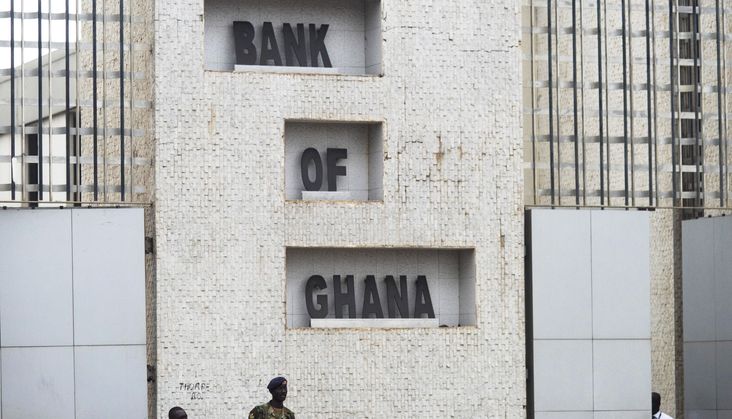
The total value of secured loans granted by banks and Specialised Deposit-Taking Institutions (SDIs) in Ghana rose to GH₵5.6 billion in the third quarter of 2024. This represents a 2.8% year-on-year increase compared to the GH₵5.5 billion recorded during the same period in 2023, according to data from the Bank of Ghana’s collateral registry.
Banks contributed GH₵3.5 billion to the total value of secured loans during the third quarter of 2024, which marks an 18.7% decrease from the GH₵4.3 billion recorded in the third quarter of 2023. In contrast, SDIs demonstrated remarkable growth, with the value of their secured loans increasing by 75%, from GH₵1.2 billion in the same period in 2023 to GH₵2.1 billion in 2024.
In terms of market share, banks continued to hold the largest portion of the secured loans market, accounting for 62.3% of the total value in the third quarter of 2024. However, this reflects a decline from their 78.8% share in the third quarter of 2023, as other financial institutions expanded their reach. Savings and Loans Companies significantly increased their market share, rising from 12.7% in 2023 to 23.4% in 2024. Similarly, Rural and Community Banks also saw growth, with their share climbing from 5.3% in 2023 to 10.2% in 2024.
Microfinance Institutions registered a smaller but notable increase, with their share rising from 1.7% in the third quarter of 2023 to 2.2% in 2024. On the other hand, Finance Houses experienced a marginal decline, with their contribution dropping from 0.5% in 2023 to 0.3% in 2024. The cumulative share of other lending institutions, however, grew modestly from 1.0% in 2023 to 1.6% in 2024, reflecting a broader diversification of the secured loans market.
The substantial growth in loans granted by SDIs, particularly Savings and Loans Companies and Rural and Community Banks, underscores the increasing importance of these institutions in meeting Ghana’s credit needs. The data highlights a shifting financial landscape where non-bank financial institutions are playing a growing role, even as banks continue to lead the market.







